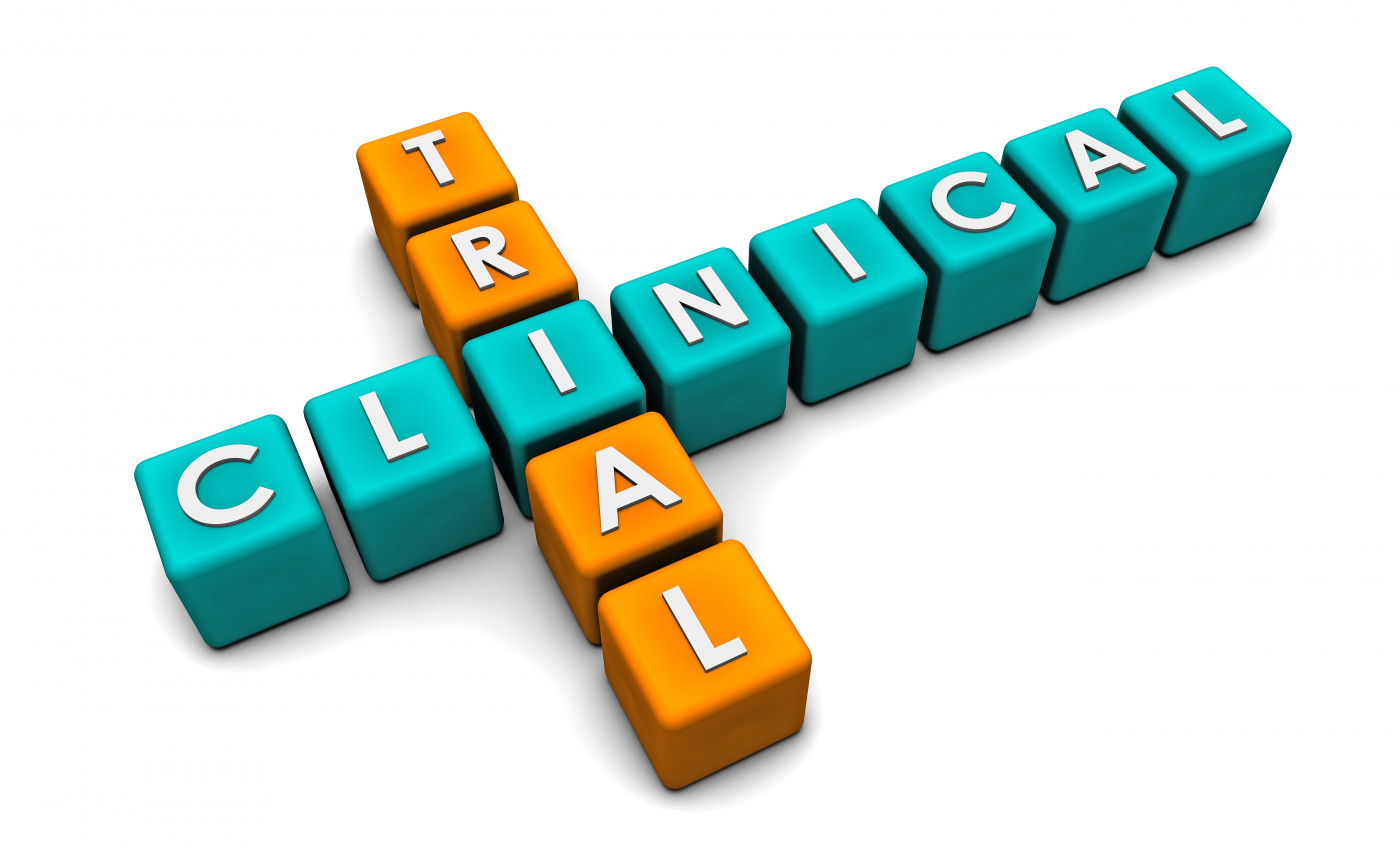OV101 Safe, Well-tolerated, Shows Potential to Ease Symptoms in Angelman Patients, Phase 2 Results Suggest
Written by |

Treatment candidate OV101 showed a favorable safety profile and was well-tolerated in adults and adolescents with Angelman syndrome in a Phase 2 trial, according to a press release from Ovid Therapeutics, which is developing the therapy.
With these positive results, Ovid now plans to start an open-label extension study in the fourth quarter of 2018.
OV101 selectively binds to the delta-selective GABAA receptor to restore what is known as tonic inhibition — the brain’s ability to filter real nerve signals. Disruption of this process, mainly caused by mutations in the UBE3A gene, is thought to underlie Angelman syndrome.
If approved, OV101 could be the first medicine to specifically target a key underlying neurological dysfunction of the disease.
The Phase 2 STARS trial (NCT02996305) — the first industry-sponsored, randomized, double-blind, placebo-controlled study in Angelman syndrome — included 88 patients, including 66 adults and 22 adolescents, ages 13 to 49, at 13 sites in the U.S. and Israel. Patients received oral treatment with OV101 either once daily (15 mg at night) or twice daily — 10 mg in the morning and 15 mg at night — or a placebo.
Treatment with OV101 led to similar adverse events as placebo, most of them mild. The medication showed a favorable safety profile and was well-tolerated through the 12-week treatment, which was the trial’s primary goal. Overall, the findings matched those of OV101 in previous insomnia trials, Ovid said in the release.
At the end of treatment, efficacy analysis in 87 patients revealed that both OV101 regimens were superior to placebo, showing improvements in 66.7% of patients, compared with 39.3% on placebo. Changes were measured using the physician-rated clinical global impressions of improvement (CGI-I) — a seven-point scale that assesses changes in a patient’s condition after the start of treatment, including all global neurological deficits.
Subsequent analysis of behavior, sleep, and gait did not show differences between OV101 and placebo. However, full analysis of the data is still ongoing, Ovid says.
Matthew During, MD, Ovid’s founder, president and chief scientific officer, presented the results at the recent 2018 Angelman Syndrome Foundation/Duplication15q Research Symposium, in Chapel Hill, North Carolina.
“We are excited by these data, as this is the first demonstration of positive clinical effect on overall symptomology in Angelman syndrome,” said Jeremy Levin, PhD, Ovid’s chairman and CEO. Levin also mentioned the collaboration with the Angelman community in designing “a robust study” in a disorder with no approved medicines: “These data are a tribute to the patients and their families, and we thank them.”
“These initial data from the STARS study are encouraging, particularly the statistically significant improvement in overall symptoms that we see in the CGI-I scale in the once-daily dosing group,” said Ron Thibert, STARS steering committee’s chairperson.
Thibert, also the director of the AS clinic at MassGeneral Hospital for Children in Boston, said the trial’s results are the first of an Angelman-specific treatment with clinical effect. “Based on these data, I believe OV101 has the potential to offer a clinically meaningful benefit specific to people living with [AS].”
Amit Rakhit, MD, chief medical and portfolio management officer at Ovid said that the trial “was designed to provide information to allow us to progress the development of OV101,” adding that these results help advance the understanding of relevant clinical trial goals to assess key Angelman symptoms.
“Furthermore, we demonstrated that a once-daily dose of OV101 could be sufficient to drive clinically meaningful benefit to patients,” he said.
The most common adverse events across the three experimental groups were vomiting, sleepiness, irritability, aggression, and fever. Two patients reported serious adverse events of seizure, one of them classified unrelated to OV101 but the other — in the twice-daily OV101 regimen — considered possibly related to the therapy.
In total, four patients stopped treatment — one taking placebo due to irritability, and three in the twice-daily OV101 group due to seizure, irritability/anxiety/sleep disorder, and myoclonus — involuntary jerking of a muscle or group of muscles.
In an analysis of patients whose improvement was classified as “much” or “minimally,” the data suggested that younger patients who received a once-daily dose had the greatest response to OV101 compared with older age groups.
Ovid is planning to present full data from the Phase 2 trial at an upcoming medical meeting, and plans to discuss results with regulatory authorities to determine next steps in the registration process for OV101.
The company expects to start an open-label extension study named ELARA in the fourth quarter of 2018, which will assess long-term safety and tolerability, as well as effectiveness, of once-daily OV101. Patients who completed any prior OV101 study may be eligible to participate.
In December 2017, the U.S. Food and Drug Administration granted fast track designation to OV101 for the treatment of Angelman syndrome, which followed an orphan drug designation in September 2016. This designation was extended in 2017 to also cover fragile X syndrome.
Ovid hosted a live webcast on Aug. 6 to present results of the Phase 2 trial. A replay is available on the company’s website until around Aug. 20.





